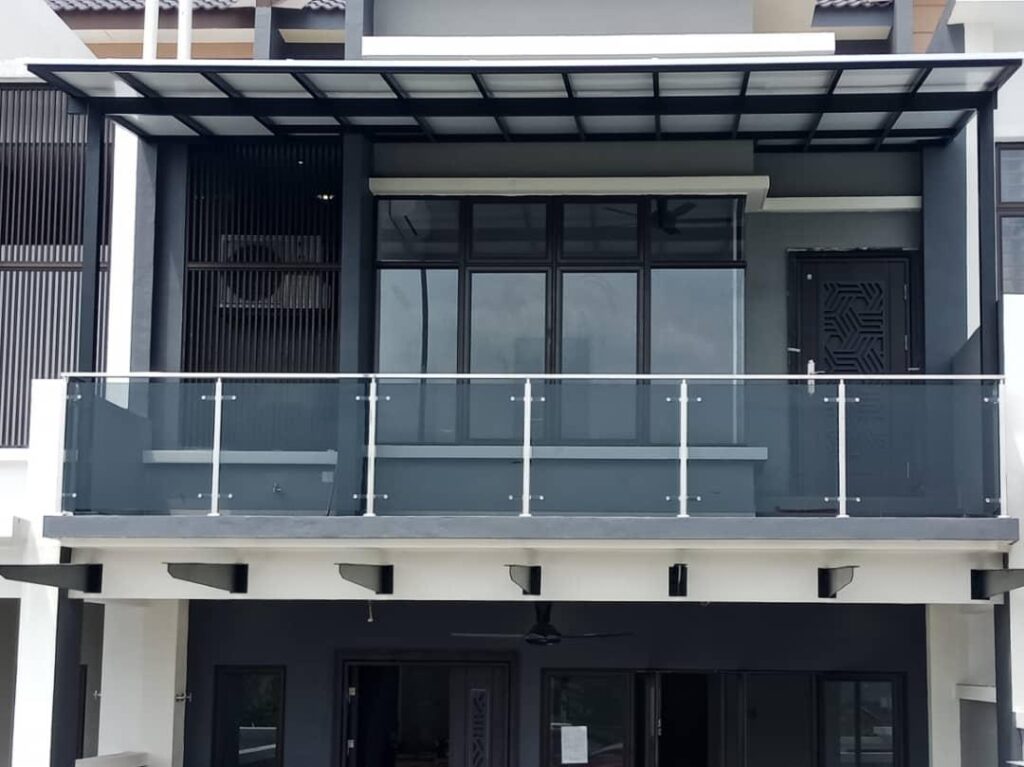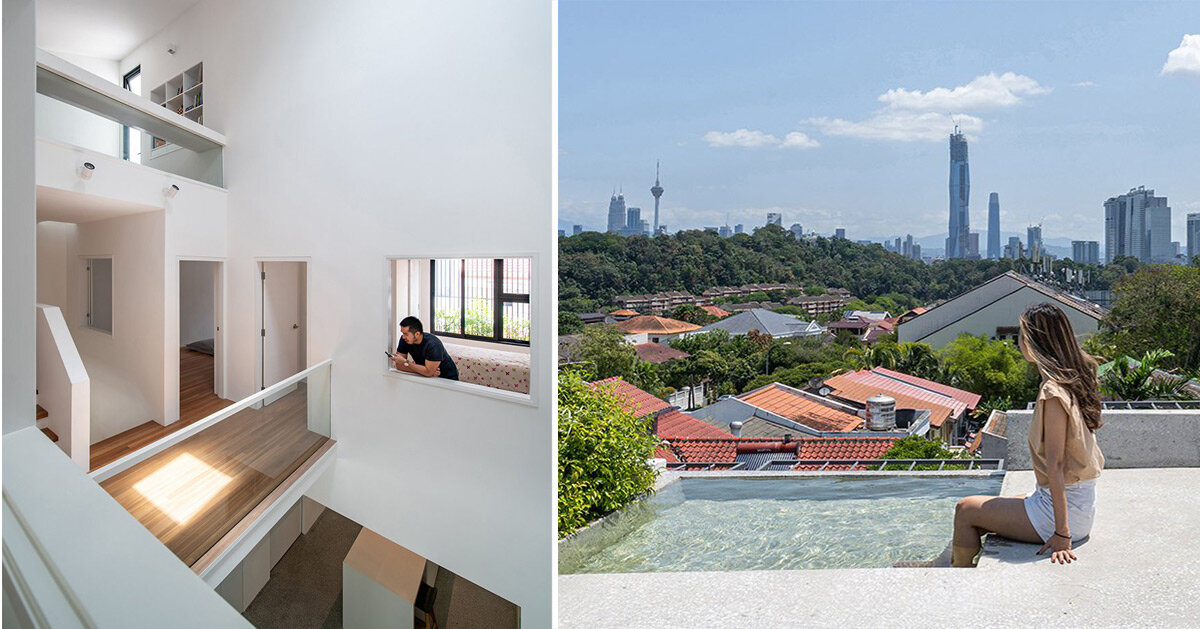The Influence and Growth of Property Companies in Malaysia
BusinessProperty companies in Malaysia play a significant role in the country’s economic growth and urban development. These companies are responsible for shaping the nation’s real estate landscape and creating spaces for residential, commercial, and industrial use. As Malaysia continues to urbanize rapidly, property companies have emerged as key players in developing modern living environments, retail hubs, and business districts that cater to the evolving needs of its citizens. From large-scale township developments to high-rise urban dwellings, these companies have contributed to transforming Malaysia’s skylines and enhancing its economic progress. The property sector’s influence extends beyond building structures—it impacts lifestyles, investment opportunities, and the country’s overall infrastructure.
One of the driving forces behind the success of property companies in Malaysia is the demand for affordable and sustainable housing. With Malaysia’s urban population steadily increasing, there has been a growing need for housing options that cater to various income levels. Property companies have responded by offering a range of residential developments, from luxury condominiums to affordable housing projects. These companies understand the importance of striking a balance between affordability and quality, ensuring that homebuyers have access to well-designed, functional homes. This focus on delivering housing solutions that meet the diverse needs of the population has helped property companies maintain a strong presence in the market.
The commercial real estate sector is another area where property companies in Malaysia have made a significant impact. As businesses expand and new industries emerge, there is a growing demand for office spaces, retail centers, and industrial parks. Property companies have been instrumental in developing these commercial spaces, particularly in major cities like Kuala Lumpur, Penang, and Johor Bahru. By constructing world-class office towers, shopping malls, and integrated business districts, these companies contribute to Malaysia’s position as a regional hub for trade and commerce. Additionally, mixed-use developments that combine residential, commercial, and recreational facilities are becoming more popular, as they offer convenience and cater to the needs of modern urban dwellers.
Sustainability has become an important focus for property companies in Malaysia, reflecting a broader global trend towards environmentally responsible development. Many property companies have embraced green building practices, incorporating eco-friendly materials, energy-efficient systems, and sustainable designs into their projects. This shift toward sustainability is not only a response to growing consumer demand for environmentally conscious living spaces but also aligns with Malaysia’s national goals of reducing carbon emissions and promoting sustainable development. The adoption of green certifications, such as the Green Building Index (GBI), has become common among property developers, helping to set higher standards for environmental performance within the industry.

Despite the successes of new property in kl, they face several challenges, including fluctuating market conditions and regulatory complexities. The property market has experienced cycles of growth and contraction, with some periods marked by oversupply, particularly in the luxury condominium sector. Property companies have had to navigate these fluctuations by adjusting their strategies, focusing on more sustainable and affordable developments, and innovating to meet changing consumer preferences. Regulatory challenges, such as obtaining building permits and adhering to land-use regulations, can also pose delays and increase project costs. However, strong leadership and strategic planning enable many property companies to continue thriving despite these obstacles.
The future of property companies in Malaysia looks promising as the country continues to urbanize and develop its infrastructure. Government initiatives to promote affordable housing, coupled with private sector innovations, are expected to drive growth in the property sector. Technological advancements, such as smart city development and sustainable building technologies, will also likely shape the future of property development. These innovations offer property companies the opportunity to create smarter, more efficient living environments that cater to modern lifestyle needs. By embracing these trends and focusing on long-term, sustainable growth, property companies in Malaysia are well-positioned to play a central role in the nation’s continued progress.
In conclusion, property companies in Malaysia are key contributors to the nation’s urban development and economic growth. They are instrumental in addressing the demand for affordable housing, creating commercial spaces that fuel business growth, and adopting sustainable building practices. Despite the challenges posed by market fluctuations and regulatory hurdles, property companies remain resilient and adaptable, finding innovative solutions to meet the needs of a growing and increasingly urbanized population. As the nation moves forward, property companies will continue to shape the future of Malaysia’s real estate landscape, providing the foundation for modern living and business success.
